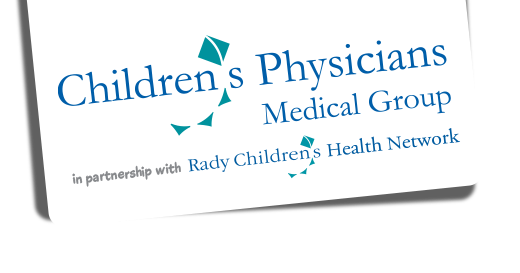
There are few things as scary as talking to your young daughter about puberty. Yet, it needs to be done and sometimes sooner rather than later. Some girls will start to see puberty changes as young as 7 years old, although most will start between 9 and 11. By the time your daughter is a tween in middle school, she has most likely started the transformation from little girl to grown woman. So what should parents tell their daughters? Here is some advice that I give.
Talking about puberty does not mean talking about sex
Going through puberty, while complicated on the inside, is simply about how the changes will look on the outside. Yes, it prepares young girls to eventually become adult women and mothers, but that is not the focus initially. In fact, periods don’t even start until about 2 years after puberty actually starts. Therefore, talking about sex is not even an issue at this age. Relax. Deep breath. Focus on one step at a time.
Teach your daughter about how her body will change.
- Breasts: Breast buds are usually the first sign that a young girl is starting puberty. Many times these are one-sided and feel like hard swellings underneath the nipple. They can be painful so using a heating pad or even some Ibuprofen can be helpful. Once the buds are present, the breasts will gradually grow and develop but may not reach their final size and shape for about 5 years.
- Pubic Hair: Light sparse hair will start to grow on the genital area and will gradually get thicker and longer. It starts in the mid-line and over time will grow out toward the thighs. Reassure your daughter this is normal and does not need to be shaved or cut.
- Armpit Hair: Once puberty has started your daughter may notice hair under her arms. Whether or not to have her start shaving is up to you as her parent. Shaving can cause a bacterial infection of the skin so be sure she is mature enough to do it carefully and to only use new and clean razors.
- Acne: Changing hormones during puberty cause an increase in sebum production that clogs the pores. This causes whiteheads if the pore is closed or blackheads if the pore is open. These clogged pores can also trap bacteria which causes inflammation or redness of the skin. More on caring for acne in the next section, but keep in mind that sometimes treating acne is difficult and takes time. If you have concerns about your child’s skin, see your pediatrician.
- Growth Spurt: The most exciting part of going through puberty is getting taller! You will definitely notice your daughter growing our of her clothes. She may experience some growing pains in the shins or knees but this is very normal. If you have concerns, see your doctor. Furthermore, girls may start to gain weight. It is important to teach your daughter about good nutrition and exercise and focus on being healthy rather than appearance.
Hygiene
One of the most important thing to teach your daughter as she starts going through puberty is how to care for her body. She will need to learn to shower daily, wash her face, brush her teeth twice per day, care for her hair and perhaps start wearing deodorant. Again it’s the changing hormones that cause the body odor so keep in mind that this is normal for all kids going through puberty. For early acne, have your child wash her face with either a benzoyl peroxide or salicylic acid containing product. You can get these at any drug store. Because these products can make the skin more sun sensitive, make sure she wears sunscreen every morning.
Periods..duh, duh, duh!
As stated above, periods don’t usually start until about 2 years after the beginning of puberty. Signs that periods may be starting include increased clear vaginal discharge, cramping low in the abdomen, and possibly spotting. As your child gets closer to periods it will be a good idea to talk to her about why girls get periods. It will also be a good idea to put some pads in her backpack and show her how to use them. Once again, the period talk does not have to be a full-blown discussion about sex, but a quick anatomy lesson. Tell her that as an adult she may want to have children, but for now her body is just getting ready. Her uterus prepares for a baby every month by adding fluid and blood to the wall inside the uterus. Since there isn’t a baby present, she will bleed, releasing the blood and fluid that has built up on the uterus wall. Then the process starts all over. Kids Health has a great overview of anatomy.
Relationships
While your daughter’s body is going through changes, so is her brain. She is maturing into a young woman who will want to become more independent yet she still wants to remain close to her parents. She is learning how to fit in with her friends, find her identity and may even experience “feelings” for another person. These developmental stages are very normal but may cause her to feel anxiety or sadness or even self-consciousness. It is important to give your daughter space when she wants it but keep the lines of communication open. Let her know she can come to you with any questions and make sure to always answer her honestly.
A trip to your daughter’s pediatrician can help get you started talking about puberty. A quick exam can tell you where in the spectrum of changes she is and what to expect. There are also lots of great resources available. My favorite book is The Care and Keeping of You from the American Girl Library. Check it out and call your doctor with any questions!
To read more of my blog posts, click HERE.
One thought on “Talking to your tween girl about puberty”
Leave a Reply








Pingback: Talking about puberty with your tween daughter | San Elijo Life